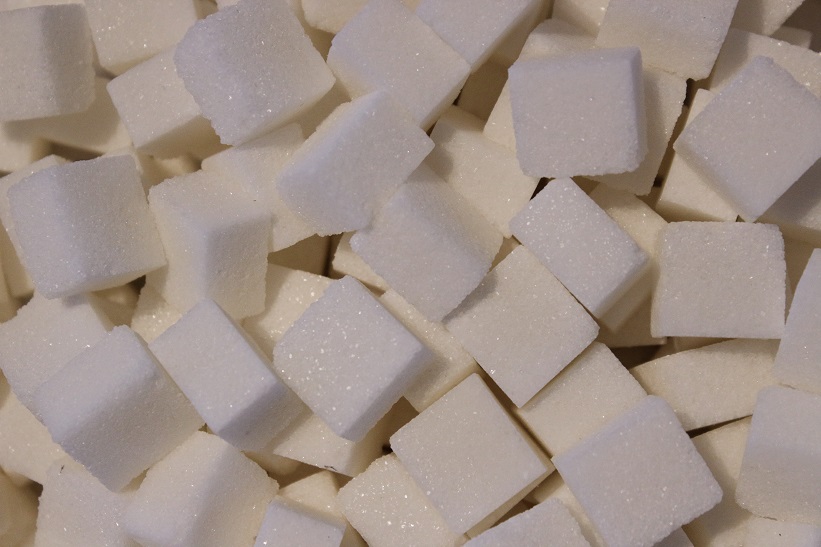THE UNCONVENTIONAL materials, sponge and sugar, have been used to develop novel medical electrodes. Standard electrodes used for patient monitoring in healthcare are silver-based. They provide crucial diagnostic information to clinicians, and are regularly used in medical specialties, such as electroencephalograms in neurology and electrocardiograms in cardiology. However, their use can be limited by issues with high cost; material rigidity, leading to suboptimal attachment/detachment and resulting in reduced signal quality; longevity of the conductive gel, which often dries out and reduces monitoring time; and their subjectivity to interference from motion.
In response to these issues, Chuan Wang, Department of Electrical and Systems Engineering, Washington University, St. Louis, Missouri, USA, and colleagues set out to develop a low-cost alternative with improved skin attachment and adhesion time. They achieved this by developing an electrode using sponge and sugar cubes.
The engineering process involved moulding sugar cubes to make a sacrificial template for the structure of the sponge electrode. Following moulding, the sugar template was covered with liquid polydimethylsiloxane sponge. After the liquid sponge had solidified, the sugar was dissolved, leaving behind the structure for the microporous sponge electrode. This was then coated with a thin conductive film layer.
Micropores within the sponge electrode allowed for increased contact area with skin and conductive gel. This in turn lead to improved application and adhesion to the skin, improved longevity of application, and enhanced signal intensity. Furthermore, the increased volume of conductive gel also resulted in reduced motion artefact by providing shock absorption.
The authors were able to evaluate the efficacy of these sponge electrodes in monitoring uterine contractility during labour. They found that the sponge electrode performed consistently, if not better than, conventional silver electrodes.
Equivocal efficacy, low cost, increased longevity, reduced interference, and resource availability are factors that make this innovation so exciting. This research has shown several benefits of microporous sponge electrodes compared with conventional silver electrodes, which could see their increased use in healthcare settings in the future.








